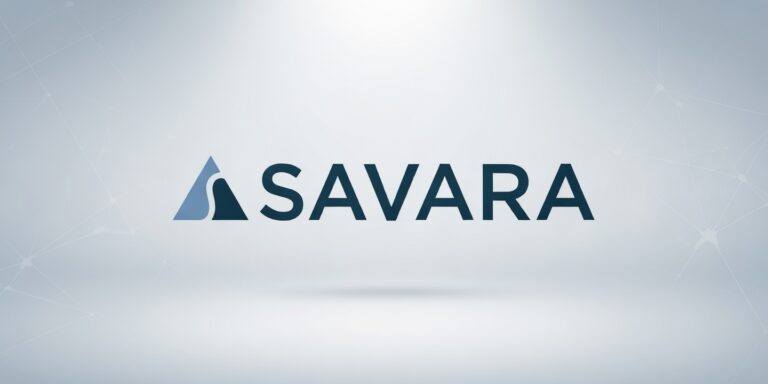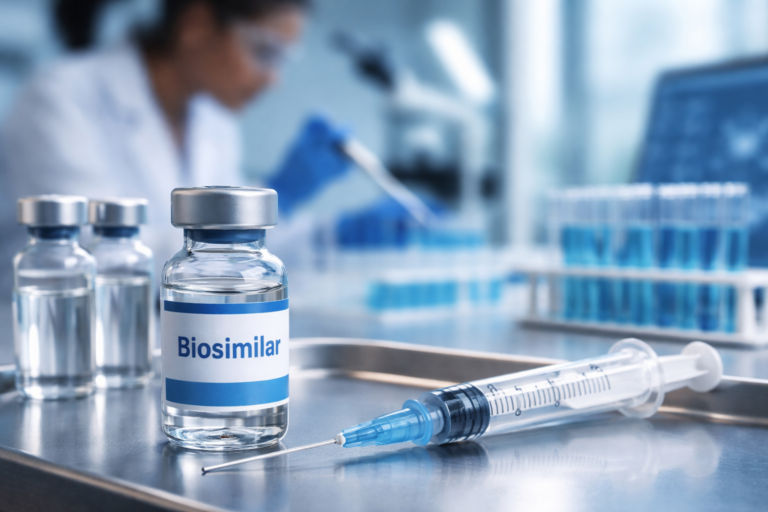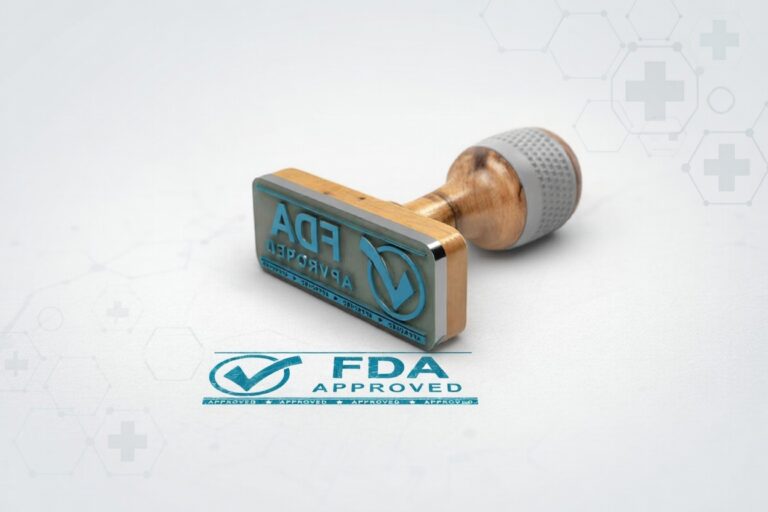
BioNTech SE (Nasdaq: BNTX) has released promising findings from a Phase 1 trial involving the mRNA-based individualized neoantigen-specific immunotherapy (iNeST) candidate autogene cevumeran (also known as BNT122, RO7198457) for patients with resected pancreatic ductal adenocarcinoma (PDAC). The study, conducted over a three-year period, revealed that autogene cevumeran triggered an immune response in 8 out of 16 patients, as evidenced by the presence of activated T cells. Notably, patients with sustained T cell presence experienced prolonged recurrence-free survival, indicating a potential delay in tumor reappearance.
The latest findings from a Phase 1 trial of autogene cevumeran (BNT122, RO7198457), an individualized mRNA cancer vaccine candidate, reveal continued polyspecific T cell responses up to three years post-treatment and a notable delay in tumor recurrence among patients with resected pancreatic ductal adenocarcinoma (PDAC).
Currently, a Phase 2 clinical trial involving autogene cevumeran in patients with resected PDAC is actively enrolling participants at various clinical trial sites in the United States, with plans for additional sites to open globally.
Pancreatic ductal adenocarcinoma (PDAC) presents a significant medical challenge, characterized by a low 5-year overall survival rate of only 8-10%, high recurrence rates reaching nearly 80% after surgery, and limited treatment options.
Autogene cevumeran, developed jointly by BioNTech and Genentech Inc. (a member of the Roche Group), stands as the lead candidate of BioNTech’s mRNA-based individualized cancer vaccine platform, iNeST. It is currently under evaluation in three ongoing randomized Phase 2 clinical trials targeting adjuvant PDAC, first-line melanoma, and adjuvant colorectal cancer.
Prof. Özlem Türeci, M.D., Co-Founder and Chief Medical Officer at BioNTech, highlighted the significance of these results, noting the potential of mRNA cancer vaccines in addressing unmet medical needs. The study showcased the capability of BioNTech’s uridine mRNA-LPX technology to activate cytotoxic T cells, which could aid in eliminating residual tumors and preventing recurrence.
Key findings presented at the American Association for Cancer Research (AACR) Annual Meeting 2024 include:
- Autogene cevumeran triggered high-magnitude T cells specific to encoded neoantigens in 8 of 16 patients.
- 98% of the T cells targeting individual neoantigens were newly induced post-treatment.
- Over 80% of vaccine-induced neoantigen-specific T cells were detectable up to three years post-administration, correlating with extended recurrence-free survival.
- 6 out of 8 patients with an immune response remained disease-free during the three-year follow-up, while recurrence was observed in 7 out of 8 patients without an immune response.
The Phase 1 trial, conducted at a single center, evaluated the safety of autogene cevumeran in combination with atezolizumab and standard-of-care chemotherapy. Data from this trial were previously published in Nature, with the latest update featuring a three-year follow-up.
An ongoing Phase 2 trial, sponsored by Genentech in collaboration with BioNTech, aims to further assess the efficacy and safety of adjuvant autogene cevumeran in combination with atezolizumab and chemotherapy compared to standard chemotherapy in PDAC patients. The trial is currently enrolling participants in the United States and is expected to expand globally.
Autogene cevumeran, jointly developed by BioNTech and Genentech, is undergoing evaluation in multiple Phase 2 trials for adjuvant PDAC, first-line melanoma, and adjuvant colorectal cancer.





